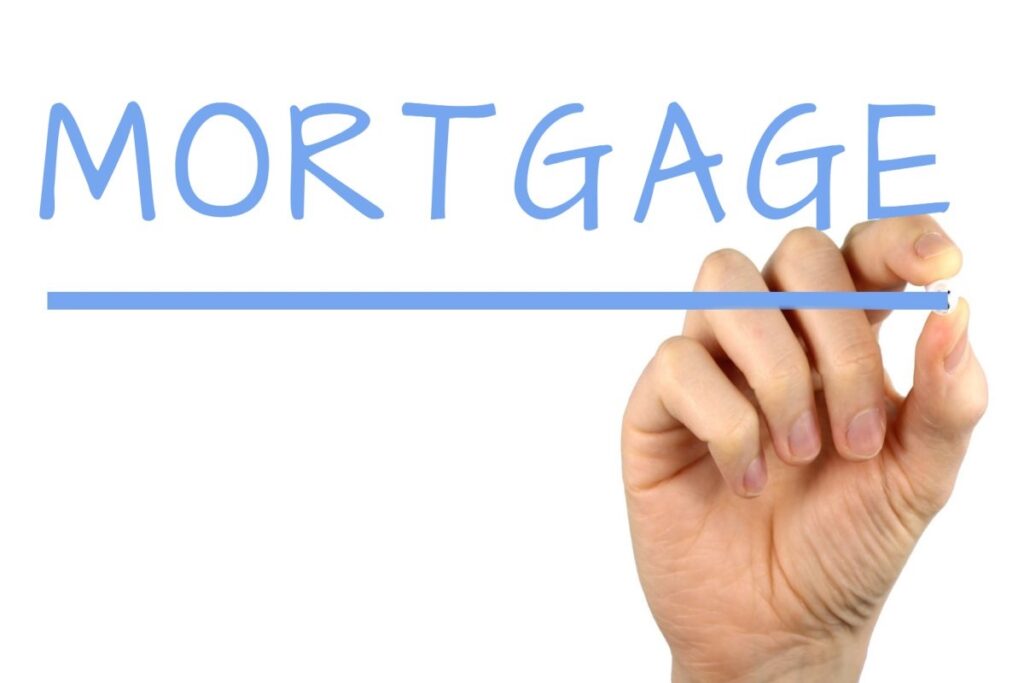Cooperative Housing Mortgages: What You Need to Know

Introduction
Cooperative housing, or co-ops, offer a unique living option. Unlike owning a property, you buy shares in a corporation that owns the building. This makes financing different from traditional real estate. Understanding co-op mortgages is key for buyers to navigate this complex financing.
This guide will explore co-op mortgages and offer insights into their workings. It will also cover what buyers should consider.
Understanding Cooperative Housing
Co-ops are buildings owned by a corporation. Buying a co-op means getting shares in the corporation, not a unit. These shares let you live in a specific unit and use common areas.
Co-ops are popular in cities where housing is expensive. They’re great for first-time buyers and those seeking affordable housing in desirable areas.
How Co-op Mortgages Differ from Traditional Mortgages
A co-op mortgage, or share loan, is different from a traditional mortgage. With a traditional mortgage, you borrow to buy property. But with a co-op mortgage, you borrow to buy shares in a corporation.
This difference affects the mortgage process significantly.
The Role of the Co-op Board
The co-op board plays a key role in buying a co-op. They approve or reject buyers. Even if a lender says yes, the co-op board must also agree.
This process can be tough. It includes a detailed review of your finances and sometimes interviews. Buyers must be well-prepared for this step.
Financing Options for Co-op Mortgages
Getting a co-op mortgage can be harder than a traditional one. Not all lenders offer them. It’s important to find a lender experienced in co-op loans.
Co-op loans have different terms and conditions. Down payments are often higher, and interest rates may vary. Shopping around for the best deal is crucial.
Assessing the Financial Health of the Co-op
Lenders check the co-op’s financial health before approving a mortgage. They look at financial statements and reserve funds. A healthy co-op gets better mortgage terms.
Buyers should also check these documents. High fees or low reserves can indicate financial issues. These issues could affect the co-op’s value and affordability.
The Importance of Maintenance Fees
Maintenance fees are key in co-op living. They cover building expenses and a reserve fund for repairs. High fees can impact your budget and mortgage approval.
It’s important to understand what these fees cover. This helps in budgeting for a co-op purchase.
Understanding the Approval Process
Getting approved by the co-op board is crucial. You’ll need to submit an application with financial info. The board will review your application and may interview you.
The co-op board looks for buyers who are financially stable and will add to the community. If you get approved, you’ll finalize your mortgage and buy shares in the co-op. If not, you might appeal but it’s tough and long.
Benefits of Co-op Ownership
Co-op mortgages have their perks. They’re often cheaper than condos or houses, making them great for first-time buyers or those wanting to live in the city. Plus, co-op buildings are well-kept and foster a sense of community.
Residents own and help maintain the building, leading to close-knit neighbors. The board’s approval ensures everyone is financially stable and committed to the community. This makes living there more harmonious.
Potential Drawbacks of Co-op Ownership
Co-op ownership has its downsides too. The board has a lot of say over who can buy in, which might not suit everyone. The approval process can be tough, and not everyone gets in.
Also, maintenance fees might be higher in co-ops. This can increase your housing costs. Some buyers might find the co-op board’s rules too strict, like those on subletting or pets.
Exploring Financing Options
When buying a co-op, look at all your financing options. Banks and credit unions offer co-op mortgages, but the terms vary. Some lenders specialize in co-op loans and understand the unique challenges.
Ask about down payments, interest rates, and any extra fees. Some lenders might have specific criteria for co-ops, like financial stability. Make sure to ask about these when talking to lenders.
The Importance of Working with a Real Estate Agent
Working with a real estate agent who knows co-ops can be a big help. They can find you good properties and guide you through the buying process. They’ll help with documents, board interviews, and negotiations.
An agent familiar with co-ops can avoid common problems. Their knowledge makes the process smoother and saves you time and effort.
The Impact of Location on Co-op Financing
The co-op’s location affects your financing and experience. Co-ops in popular areas might have stricter approval and higher prices. This can make getting financing harder and affect the terms.
On the other hand, co-ops in less popular areas might be easier to get into but could have lower property values and financial risks. Research the neighborhood to make a smart choice that fits your lifestyle and finances.
Preparing for Board Approval
Getting ready for the co-op board is key to getting your mortgage. You’ll need to gather documents like financial statements and references. Be ready to explain why you want to live there and how you’ll be a good addition to the community.
Some boards interview potential buyers. Be professional and honest about your finances. Show your strengths and prove you’re a responsible and committed resident.
Understanding Co-op Rules and Regulations
Every co-op has its own set of rules and regulations. These rules cover topics like subletting, renovations, and pet ownership. It’s important to review the co-op’s bylaws and rules before buying. This helps you see if the co-op fits your lifestyle and preferences.
Some co-op rules might be stricter than you think. If you plan to sublet your unit, make sure the co-op allows it. Not following the rules can cause problems with the co-op board and neighbors.
The Importance of Due Diligence
When buying a co-op, doing thorough due diligence is key. This means looking into the co-op’s financial health, management team, and building condition. Check financial statements, reserve funds, and maintenance fees to assess the investment’s viability.
Talking to current residents can also provide valuable insights. Their experiences can help you make a better decision. Knowing the community dynamics and management style is important.
Exploring Tax Benefits of Co-op Ownership
Co-op owners might be eligible for tax benefits that make ownership more affordable. They can deduct some maintenance fees and mortgage interest on their taxes. But, the specifics depend on individual circumstances and the co-op’s structure.
It’s wise to talk to a tax professional about the tax benefits of co-op ownership. This can help you make the most of your financial situation and take advantage of available deductions.
Conclusion
Co-op mortgages and cooperative housing require careful thought and preparation. Understanding the differences between co-op and traditional mortgages is crucial for buyers. The co-op board’s approval process adds a unique layer to the buying journey.
While the process can be complex, the benefits of co-op ownership are worth it. Co-ops often offer affordable housing and strong community ties. With thorough research and preparation, buyers can make informed decisions.
In conclusion, knowing the nuances of co-op mortgages empowers you to make confident choices. With the right knowledge and preparation, you can enjoy the advantages of living in a cooperative community.






